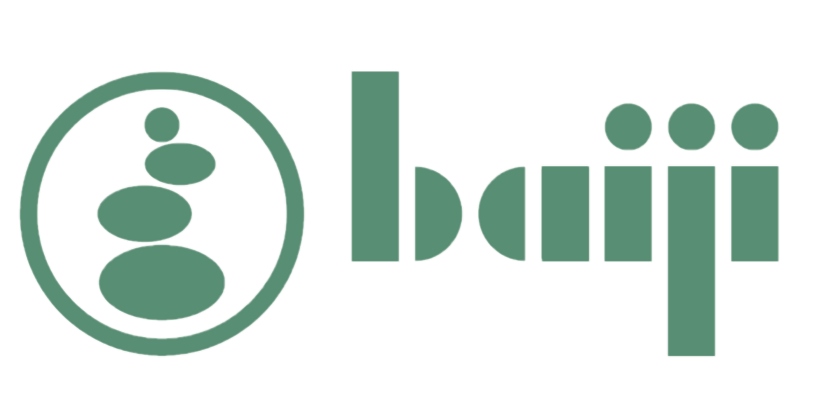“Nothing in the world is more weak and soft than water, yet nothing surpasses it in conquering the hard and strong” - Dao De Jing
In the Chinese philosophy of Daoism, the concept of inaction or ‘doing nothing’ plays a huge role in self-cultivation. Like most Chinese philosophical concepts, the idea of ‘inaction’ or wu wei is a little hard to interpret. At first glance it can seem like it’s just a call to literally do nothing and just be lazy. But in reality, it means something closer to ‘effortless action’, the type of action that allows you to get on with what you’re doing without being distracted by the craziness of events around you or the emotions that plague you. It’s sort of an equivalent to being in ‘the zone’.
As humans, we generally like to make plans and evaluate situations based on preconceived value judgements. But the Daoists advocate moving through life in a way that mirrors Nature. A good way to think about it is to be like water - instead of trying to move obstacles through brute force and trying to bend reality to your will, you should go with the flow, respond to situations as they occur in a passive rather than reactive way, and be constantly moving forwards. It’s not about doing nothing, but rather not going out of your way to do something.
Mindfulness and inaction - a comparison
Mindfulness incorporates some of the ideas from the Daoist principle of ‘inaction’, but in a slightly different way. Mindfulness is all about being in the moment and being keenly aware of what’s going on, both inside and outside of ourselves. Mindfulness has roots in Buddhism, which is why it is similar in many ways to the ideas found in Daoism, both of which are important East Asian philosophies that flourished at the same time.
Both mindfulness exercises and daoist practices advocate meditation and breathing as a way to connect with your inner, spiritual side and let go of unwanted or unnecessary thoughts and feelings that are lingering. Both are aimed at helping you live in the moment and building up practices over time so that some of the techniques you learn can be used spontaneously and without you needing to remind yourself to do them.
In Daoist thought, this is believed to lead to greater effectiveness, balance and inner peace.
Lessons from Inactive Mindfulness
By combining our understanding of mindfulness and wu wei (inaction), we discover 5 core principles that can be integrated into our everyday lives:
1. Become more aware, be less rigid
Both mindfulness and inaction are about facing the here and now, and living more in the moment. You not only need to become more aware of yourself - your body and mind - but also the world around you. It is important that you become more accustomed to accepting things the way that they are, and develop an understanding that you can’t control everything.
Instead of banging your head against a problem and hoping that the headache will pay off, Daoism suggests being like water - go with the flow and move with the contours of the problem in order to solve it.
2. Stop being reactive
Knowing that you can’t control everything, it is also important that you should not just react to things as they happen, at least not in an active way. By not responding to situations as they arise and instead being ‘inactive’ and giving yourself space to think, practiced habits will surface that will help you respond better to the situation.
This is where the idea of being a skilled practitioner - like a butcher or baker - comes into play. A butcher does not need to think every time he carves up a piece of meat, but can make each cut with precision without even thinking about it. This is the art of ‘inaction’ or ‘effortless action’. If you practice something enough it becomes instinct, like a master craftsman who can perform a skill without even thinking about it because he has done it 10,000 times already.
3. Stop yourself from accumulating negativity
Practice the art of letting go of bad feelings. Instead of storing negative thoughts and emotions, observe them and then let them pass by not reacting to them at all. Be in the moment, and then let that moment pass as you move on to the next thing, conscious of your constantly moving forwards in space and time.
Remember that you should never let one bad moment ruin your whole day!
4. Don’t second guess yourself
Instead, be sincere in your reaction to situations. Often we go back and forth indecisively when thinking about how to respond, "should I say something? Or should I just let it go?" If you agonise like this for hours, all you will do is cause your body to store up negative emotions, becoming more tense and anxious. Instead, respond in the manner that feels most natural to you. It’s hard at first, but like more things, being truthful and honest takes practice.
You might worry about saying the wrong thing or letting a harsh truth slip out, but remember that not saying anything at all is also an option. In fact, saying nothing may be closer to the true essence of ‘inaction’!
5. Allow your playful side to come out more
The story of the most famous Daoists in history tend to be about characters who are full of cheek and wit. The best practitioners of ‘effortless action’ are those who do it with the mindset of a child - without overthinking it, moving playfully and joyfully through life and every decision you make.
This sort of attitude also makes you more attractive to others. If you are truthful, but in a lighthearted manner, people will not take offense to the things you say, but in fact will want to hear more.
